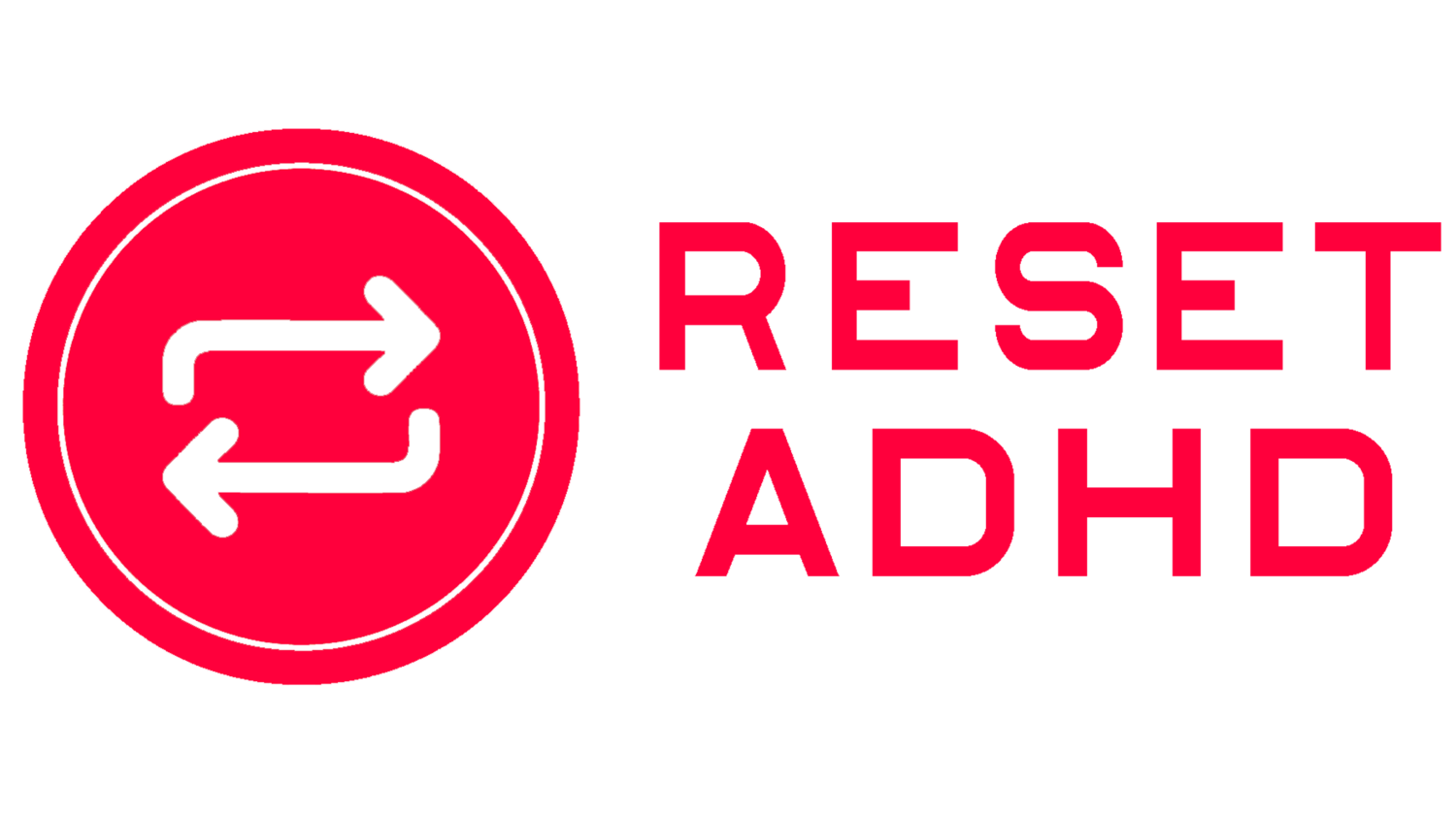How To Make Your Family’s Diet ADHD-Friendly
EDITOR’S NOTE: This is a guest blog post written by Katie Pierce who is not affiliated with Reset ADHD, LLC. Reset ADHD received no financial consideration for publishing Pierce’s post. It was posted because it may be helpful to our readers.
ADHD brains may have a more special relationship with food than one may think. A diet rich in brain-healthy foods can give individuals stronger focus, better mood stability, and even more stamina. Over time, individuals can also experience less distractibility, less tiredness throughout the day, and fewer sugar cravings. Encouraging healthier eating habits can have profound effects on the ADHD brain.
What Foods Make an ADHD-Friendly Diet?
A change of diet that is designed to be more ADHD-friendly does not need to be restrictive and unpleasurable. Quite the oppposite, actually. It just simply means the diet would focus more on the good stuff, slowly weaning off of the bad stuff and even replacing it with healthier alternatives.
Here is some food you can incorporate more of into your family’s diet that can greatly benefit ADHD brains:
1.) Protein
Too much simple sugar in anyone’s diet is no good, even more so for ADHD brains. Protein lessens blood sugar spikes, helping the body sustain a regular level of sugar in the system. Protein also helps your brain’s neurotransmitters to work more efficiently and accurately as they carry signals from one brain cell to another, allowing the ADHD brain to be more alert at school or work.
How to include protein in your diet: a child may need 24 to 30 grams of protein a day while adults would need 45 to 70 grams. It’s best to have protein-rich food with your breakfast or lunch.
2.) Complex Carbohydrates
You would think sugar would be completely out of the question for ADHD brains but incorporating the good kind of carbohydrates can help control behavior and improve performance. The key is to consume low-glycemic, high-fiber carbs. These carbohydrates do not spike your blood sugar because they deliver a steady supply of sugar to your bloodstream.
How to incorporate foods with the best brain sugars in your diet: cereals and grains are great, just stay away from corn flakes and sugary breakfast cereals. Whole fruits, vegetables, and legumes are also very ADHD friendly. Plain dairy products are also a good source of healthy sugar as well as protein. Fresh produce from local markets is also more nutritious overall, so consider going to your farmer’s market for your fresh food needs.
Avoid fruit juices since they don’t have the fiber in whole fruits that slow the absorption of fruit sugar. Take note that the acid in citrus fruits like oranges and grapefruits can interrupt the absorption of short-acting stimulant ADHD medications and shouldn’t be taken with the prescriptions.
3.) Omega-3 Fatty Acids
You need good fats for your brain to function. In fact, fats make up 60% of the brain and the nerves that run every system in the body, Dr. William Sears says. There are two essential fatty acids: omega-6 and omega-3 fatty acids. There are too many omega-6 fatty acids in the western diet and not a lot of omega-3s.
Incorporate Omega-3s in your diet by adding salmon, tuna, sardines, avocados, dark green leafy vegetables, walnuts, chia seeds, and flaxseeds in with your meals.
4.) Vitamin and Mineral Supplements
While it is great to consider natural methods in treating ADHD symptoms, consider consulting your doctors before taking any dietary supplements. Even more so if you’re taking these supplements in conjunction with ADHD medication, since some medications contraindicate with specific supplements. .
It is worth noting that since ADHD impacts executive functions and is not a learning disability, correctly assessing learning disability vs ADHD is important to better understand the child and the best diet and treatment for them moving forward.
Feed Your ADHD Brain Right
A healthy diet and exercise for ADHD brains can significantly improve their quality of life. And while traditional diets have created misconceptions around the word “diet” for a lot of people, creating an ADHD-friendly diet isn’t difficult at all and can even be fun and exciting. Everyone needs a healthy brain, and the special ADHD brain is no different.
